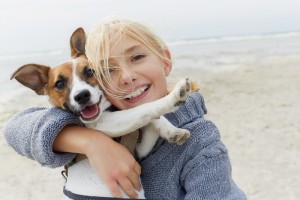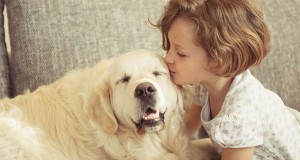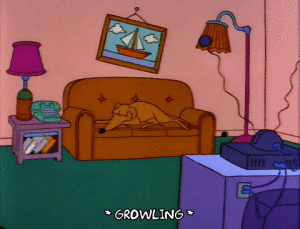
Call us Now ![]() +91-8744012053
+91-8744012053
Mon - Sat ~ 10:00 AM - 6:00 PM
Follow & Like
.png)


Call us Now ![]() +91-8744012053
+91-8744012053
Mon - Sat ~ 10:00 AM - 6:00 PM
Follow & Like
.png)


You might have noticed that your dog tends to avoid certain people in your circle of friends and family for no obvious reasons. On the other hand you might find it to be very friendly with some strangers. This contradictory behavior shown by your pooch can be really confusing for a clueless owner. You definitely want to know your dog better and even help it feel more comfortable around humans.

As per this study a canine brain’s reward centers get activated upon listening to happy & high-pitched voices. The reaction is positive to people linked with such sounds. Dogs are welcoming towards such people. Humans who sounded angry or had a deep voice were either ignored by canines or received negative reactions from them in the experiment. Image – people.com

Social eavesdropping is observing how humans interact with each other in certain situations. Dogs constantly watch their owners interact with other humans and based on these observations segregate people into being kind or rude. Image – www.cesarsway.com
The Kyoto Experiment involved more than 50 canines along with their owners. The experiment involved situations that were decided and rehearsed by dog owners and actors before hand. In the final and actual act pet dogs were made to witness their owners’ unsuccessful attempts at opening a clear container with a vinyl tape roll in it. Divided into three groups, the first group had owners that had to ask for help from an actor and the latter helps them in opening the container. In the second set up the indifferent actor refuses to help the dog parent. The third group involved owners that do not ask for help and the actor remains neutral. The reason for using a vinyl tape in this experiment was to use an item that is of no use to dogs. They therefore formed their opinions of the person/actor being helpful or unhelpful without being influenced by any reward.

Later in the final stage of the experiment the unhelpful actor, the helpful actor and the neutral one were made to offer treats to these canines. The dogs did not want to take treats from the unhelpful person. However happily accepted treats from the cooperative actor and the neutral person. It was seen how dogs changed their behavior/response towards the uncooperative person and formulated a negative opinion for this actor. The conclusion clearly points to the possibility of your pooch disliking someone who is often rude to you.
So if your pet dog growls at or avoids/dislikes certain people it could be linked to negative interactions you’ve had with these people. Or there could be others factors discussed above responsible for its aversion to certain individuals. Therefore dogs can be pretty much hard to please and even their favorite treats may fail to win them over when offered by some folks.